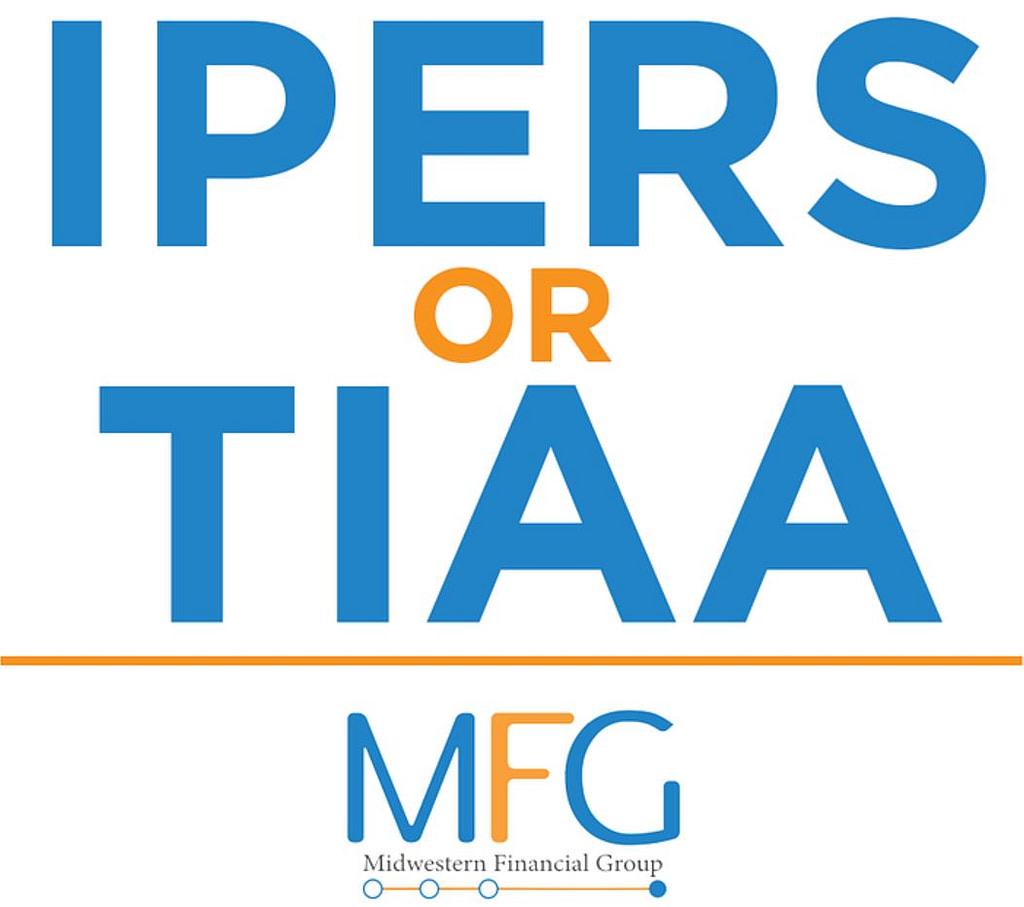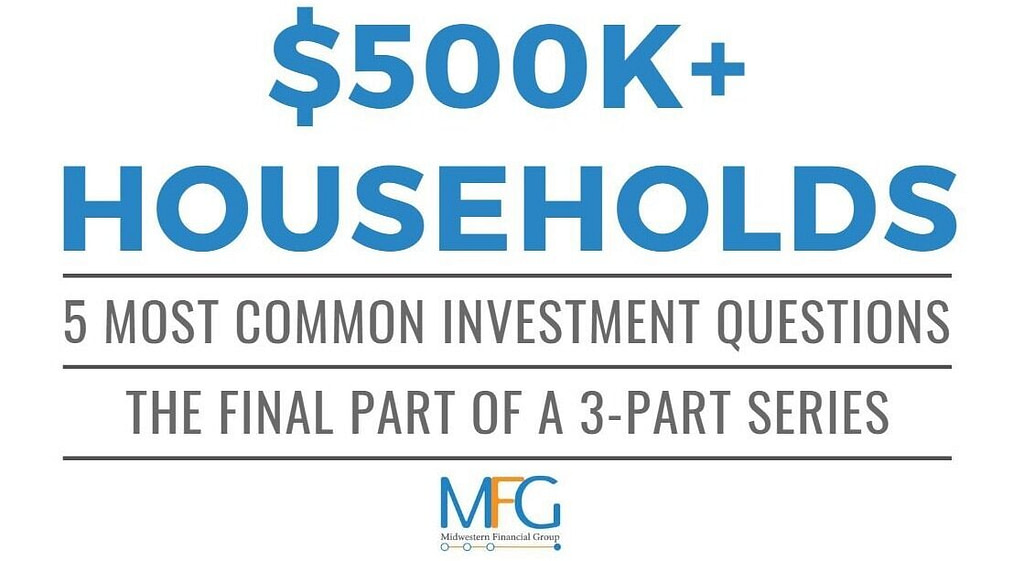529 vs. Brokerage: What’s the best investment vehicle to save for college (in Iowa)?
Since the addition of 529 education plans to the Internal Revenue Code in 1996, investors have leveraged the many benefits afforded by these plans. However, there is an increasing chorus among investors concerned with over funding their 529 accounts should a beneficiary, often a child or grandchild, receive a scholarship or not attend college altogether.
Would funding a taxable brokerage as an alternative to 529’s provide better outcomes – including additional plan flexibility? Let’s see.
FUNDING A 529 VS. BROKERAGE ACCOUNT FOR COLLEGE
First, some background on each option.
Funding a 529 for College: This is the most common way but it does have some tradeoffs
-
Fundamentally, 529 plans allow for tax deferred growth and tax-free qualified distributions from the accounts.
-
Furthermore, states like Iowa provide a state tax deduction.
-
You can change the beneficiary on the account at anytime.
-
You maintain control and the value of the assets are out of your taxable estate.
For a more complete review of 529 plan benefits, please navigate to this link: College Savings 101. And to learn more about the Iowa sponsored 529 plans, navigate to the following link: College Savings Iowa 529 Plan
Funding a Brokerage Account for College: There’s a reason you would do this too
-
If managed properly to minimize annual taxes, a brokerage account allows for greater funding flexibility.
-
Hedge concern there would be excess funds in 529, subject to penalty and income tax if unused.
-
Funds can be used to cover any expense, be it college or otherwise.
-
Distributions are subject to capital gains tax, but no penalty or income tax on earnings.
-
Brokerage account provides access to liquidity when needed; even if this is before anticipated college expenses.
Our hypothetical family wants to know if they are better off saving into a brokerage account or saving into a 529 account for the next 18 years. Let’s look at an example for a family who wants to cover $100,000 of their newborn’s projected college costs.
529 Account Example:
How much would they need to save into their 529 account annually for a period of 18 years to meet their goal of $100,000 assuming an annual return of 6% on their 529 investment?
The answer is $3,219. Saving this amount of money, year-over-year will result in an account balance of $100,000. Since we are assuming 100% of these funds will be used for qualified expenses, no tax is applied upon distribution.
These annual contributions, adjusted for the tax benefit, amount to a lump sum value of $40,494 in today’s dollars[1].
Brokerage Account Example:
Assuming the brokerage account is the best alternative to the 529 account given the concerns of over-funding – which may not be the case for everyone – how much would this family need to save into their brokerage account annually for a period of 18 years to meet their net funding goal of $100,000 assuming an annual return of 6%?
The answer is $3,800. The annual contribution amount is higher for a brokerage account as it does not benefit from tax deferred growth like a 529. As such, annual taxes are applied to dividends and income[11]. Furthermore, capital gains tax is recognized on earnings upon full distribution in year 18[111]. Under our scenarios, we assume top Fed and Iowa marginal taxes.
These annual contributions, adjusted for the taxation, amount to a lump sum value of $52,246 in today’s dollars[iv].
Assuming this family will utilize the funds for qualified education expenses, they benefit more greatly by saving into their 529 relative to a brokerage account. Under our various assumptions, the net benefit of saving into a 529 vs. a brokerage account is $11,752 in today’s dollars.

Up to this point, we have yet to address the prospects of not utilizing a portion or all 529 funds due to the assumption the newborn, in this case, does not attend college or funding is provided through a full-ride scholarship, for example. Keep in mind, the latter provides you the ability to distribute funds penalty free for the amount equal to the scholarship monies. However, earnings remain taxable upon distribution.
What happens if the funds are not used for qualified college expenses? Which savings vehicle is superior provided this hypothetical?
For simplicity, we’ll assume this family contributes the same amount of capital to both a 529 and a brokerage account, however, they desire to use the funds for non-qualified expenses at year 18. Assuming a 6% return on annual contributions of $3,219, the balance of the 529 and brokerage are below at year 18:
-
529 balance: $100,000
-
Brokerage balance: $92,650 (adjusted for annual taxes due)
Since the distribution in this case from the 529 is non-qualified, the earnings resulting from a full account distribution at year 18 are subject to a 10% penalty and income taxation. With a basis of $57,939, adjusting for total taxation and penalty ($21,437) upon distribution nets this family $78,837.
Applying the same logic to the brokerage account balance of $92,650 at year 18, after adjusting for capital gains tax at the Federal and State level ($11,222) upon distribution, nets this family $81,428.
While at first glance, the after-tax distribution seems superior for the brokerage account – adjusting for the cumulative annual state tax deduction applied to 529 contributions – the lump sum value in today’s dollars is $49,923[v] for the 529 account vs. $47,830[vi] for the brokerage account.
This represents a $2,093 benefit in favor of the 529 account even in the event none of the funds are utilized for qualified education expenses under our assumptions. This is largely due to the benefit of tax deferred growth and the annual state tax benefit.
529 VS. BROKERAGE: WHICH IS RIGHT FOR ME?
MFG has created a dynamic tool that can be customized to represent your individual circumstances to illustrate the net benefit of utilizing a 529 relative to supplementing your savings with an alternative such as a brokerage account. In some cases, looking beyond the economic benefit and applying a behavioral desire to create greater plan flexibility, may make a brokerage account the logical choice for a portion of funds.
Please reach out to us if you are curious to know which savings vehicles and funding amounts represent the optimal outcomes you desire. We welcome the opportunity to provide you our financial analysis in context of your goals.
[1] Discounting tax adjusted annual contributions back to present value; using PMT as annual contributions of $3,219 less tax benefit of $275, IRR of 3%, and N=18
[11] Blended annual capital gains and income taxation resulting from the dividend and income yields assuming a blended portfolio of 60% equities (SPDR S&P 500: SPY) and 40% (iShares Core US Aggregate Bond Index: AGG), is 1.74%; capital gains tax of 23.8% plus 8.54% state tax applied to 50% of yield (1.74%) and income tax of 37% plus 8.53% applied to 40% of 1.74%.
[111] Upon distribution at year 18, a pre-tax balance of $110,219 is required to cover capital gains taxes of $10,219 which is applied to the earnings of $41,827
[iv] Discounting annual contribution less tax drag back to present value; using PMT as annual contributions of $3,800 less annual tax payment (variable), IRR of 3%, and N=18.
[v] Solving for Present Value (PV); FV of $78,837 (after-tax proceeds @ yr. 18), PMT of $275 (benefit of tax deduction), IRR of 3%, N=18
[vi] Solving for Present Value (PV); FV of $81,428 (net after-tax proceeds @ yr. 18), PMT of 0, IRR of 3%, N=18



